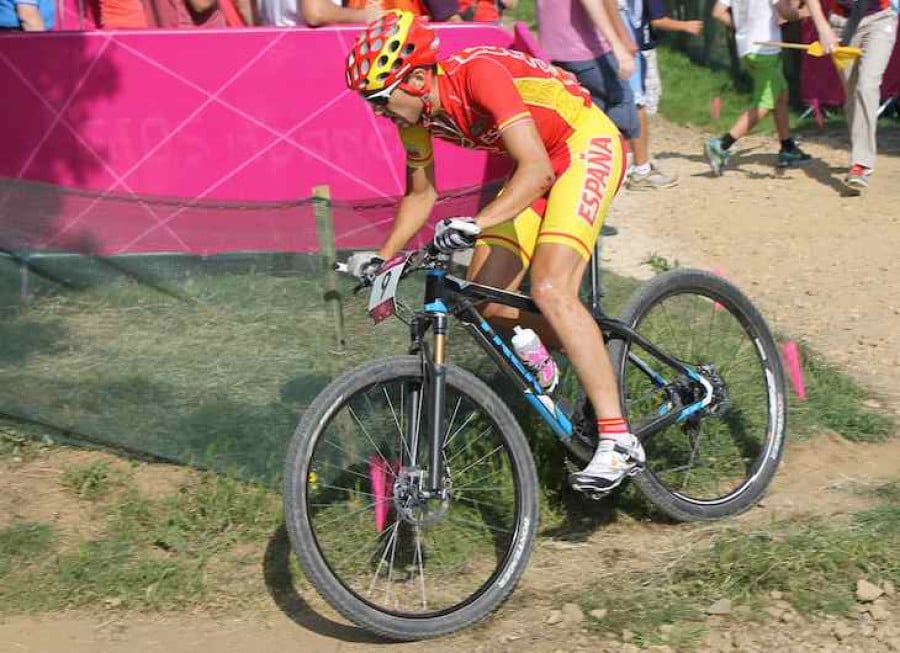Athletes’ doping tests and privacy rights in Spain: a key court decision

No one can deny that, over the last decade, Spain has taken the fight against Sports’ doping networks very seriously. In 2006 and 20131, two demanding laws for the health protection of federated sportsmen and the prosecution of fraud in sports competition have been passed by the Spanish Parliament. New and stringent regulations developing both laws were rapidly drafted by the local Sports authorities. Enforcement of the laws and the regulations has been particularly tough. In fact a bit too much, as one Spanish court recently ruled.
To continue reading or watching login or register here
Already a member? Sign in
Get access to all of the expert analysis and commentary at LawInSport including articles, webinars, conference videos and podcast transcripts. Find out more here.
- Tags: Anti-Doping | Cycling | Fraud | Governance | Privacy | Regulation | Spain | Spanish High Council for Sport | The Spanish Association of Professional Cyclists (ACP)
Related Articles
- UCI response to media allegations concerning Christopher Froome’s recent TUE
- The UCI and Antidoping Switzerland reach an agreement on information sharing and collaboration within the biological passport
- UKAD-CADF-UCI collaboration
- Anti-doping controls during the Tour de France 2014
Written by
Diego Ramos
Diego Ramos is one of the leading lawyers in privacy law in Spain and he has been practising commercial, intellectual property, corporate law, technology, marketing, outsourcing and data protection law for over twenty years.




